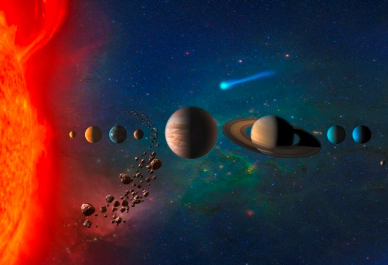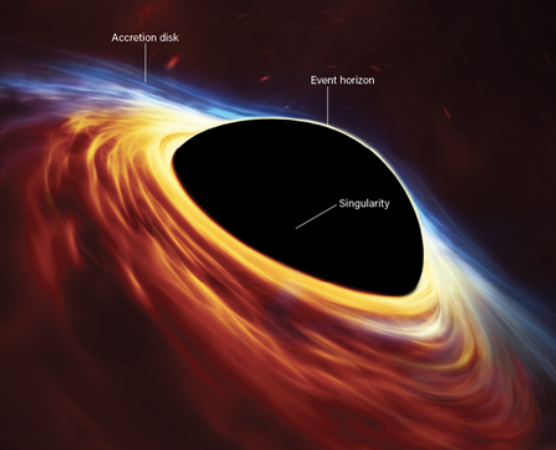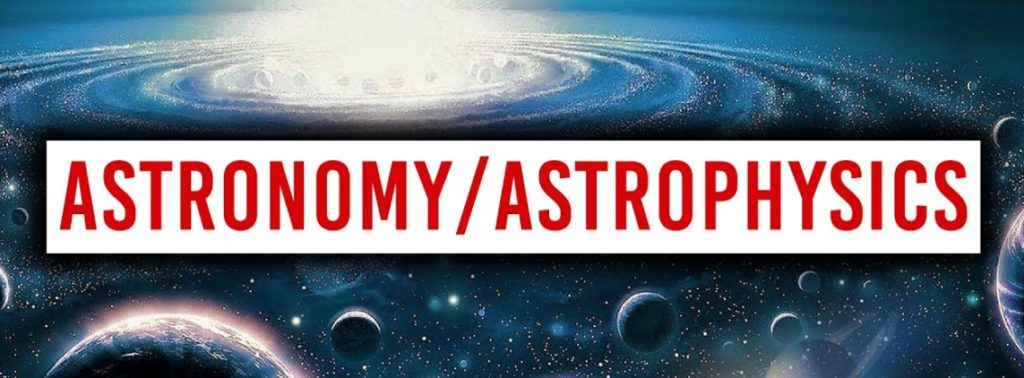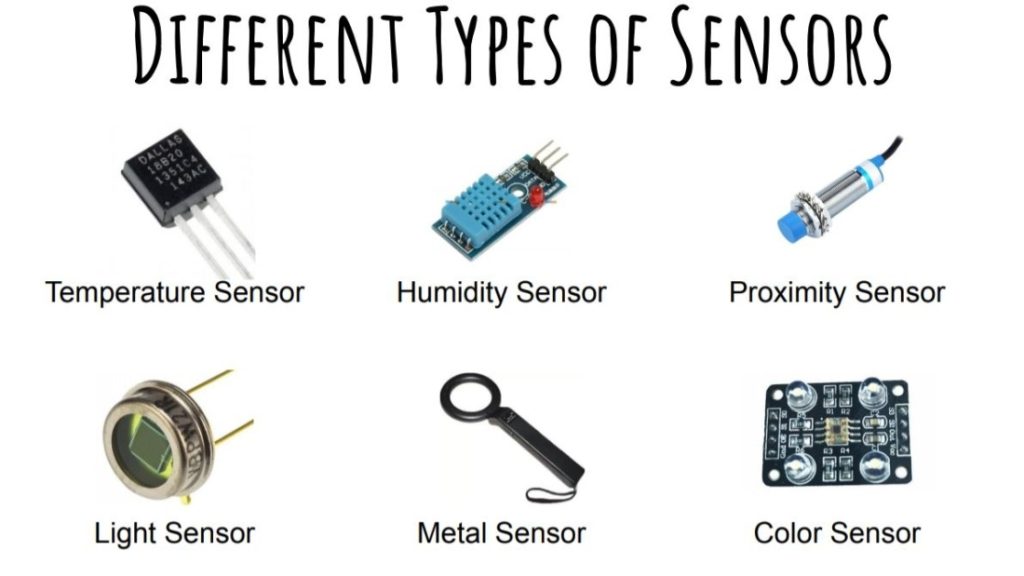What is the difference between astronomy and astrophysics? This is a question that is frequently asked on several platforms as both of these terms are quite similar. If you are of the people who are confused by the two terms, then, this article is the astronomy vs astrophysics battle you are looking for.
Astronomy vs Astrophysics
What is Astronomy?

Let’s begin with the definition of astronomy. The Oxford English Dictionary states astronomy as the science that studies the relative locations, and movements of the celestial bodies. In other words, it is the study of all bodies in the material universe outside of the earth, as well as the earth and its relationships to them.
The fundamental instrument of an astronomer is the telescope, which receives electromagnetic radiation such as light or radio waves and converts these signals into images. Astronomers can use telescopes to record the spectrum of light emitted by space objects, catalog the types and locations of objects, measure distances between them, and compute their movements. This generates the fundamental data storage for subsequent investigation. Newton’s theory of gravity tied physics and astronomy together.
You may view the video linked below to understand the term better.
https://www.youtube.com/embed/0rHUDWjR5gg?feature=oembedWhat is astronomy?
What is Astrophysics?

On the other hand, astrophysics is defined as the field of astronomy that deals with the physical or chemical aspects of celestial entities.
Therefore, astrophysics is considered a branch of astronomy that is concerned with understanding the features of stars and galaxies rather than simply monitoring their locations and movements.
The discovery of helium gas in the sun before demonstrating its existence on Earth was an early connection between physics and astronomy. With the advancement of nuclear physics, relativity theory, and quantum mechanics, precise ideas on how celestial bodies are born, live, and die were possible. Astrophysicists found that stars are driven by nuclear fusion, and nuclear physics offered ideas for supernovae and pulsars, leading to the prediction and later finding of neutron stars. Furthermore, they anticipate, detect, and explain black holes using the general theory of relativity.
The above-mentioned definition and explanation of astronomy and astrophysics should’ve made the difference between the two clear. However, if you still have doubts then let’s look at how the two differed in their origin.
You may view the video linked below to understand the term better.
Origin of Astronomy
Astronomy was the first natural science to acquire a high degree of complexity and predictability, which it did in the second part of the first millennium BCE. It began with a few Babylonian observations of Venus in the early second millennium BCE. The Babylonians continued to advance their knowledge by the fourth century BCE. For the following half millennium, Greek astronomers made the most progress, putting their own stamp on the subject while building on what the Babylonians had done. Thus, modern astronomy is part of a nearly 4,000-year-old history that spans various cultures.
Origin of Astrophysics
The scientific examination of astrophysics began in 1802 with an article published in the Philosophical Transactions of the Royal Society, Vol. 102, p. 378. He was the first to detect the presence of black bands in the Sun’s optical spectrum. These bands were later thoroughly examined by Joseph von Fraunhofer in a study published in 1814, and are now often referred to as Fraunhofer lines. For a long time, technical obstacles rendered obtaining spectra of stars other than the Sun impossible, until William Huggins ultimately succeeded in 1864.
The identification of characteristics in the Sun’s spectrum with identical lines produced in laboratory experiments resulted in a significant advance in our knowledge of the Universe. During the nineteenth century, direct experimental testing of the Sun and stars was not possible. However, spectroscopy now allows us to collect data regarding their chemical makeup as well as physical features. Most significantly, spectroscopy proved that the Sun was not formed of some exotic unknown celestial substance, but of the same stuff that could be examined on Earth. This finding made it possible to apply the physical understanding obtained from small-scale investigations to the large-size phenomena.
Is This The Answer?
From the above accounts, the issue of astronomy vs astrophysics becomes even clearer. However, this may not actually be the answer to the question you see online. Students generally ask the question, “What is the difference between astronomy and astrophysics?”, not because they want to know the distinction between astronomy and astrophysics. Instead, they ask this question because they want to know the difference between astronomy and astrophysics undergraduate or graduate courses.
A Student’s Perspective of Astronomy vs Astrophysics.

Generally speaking, the variations between astronomy and an astrophysics course are relatively minor. are relatively minor. An Astrophysics course will probably include more theory than an Astronomy one. For example, if you study Astronomy, your final-year research may have to be observational or instrumental, whereas Astrophysics may have to be theoretical.
However, when comparing the entire list of modules to be taken, the difference is negligible. Over the last twenty years or so, most Physics departments have established some kind of astronomy or astrophysics research group. Furthermore, they have begun to provide undergraduate degrees with some astronomical or astrophysical content. Hence, to decide between the two, prospective students should look at the list of modules and projects that will be available. The name of the course is unlikely to be particularly useful in making a decision.
Conclusion
Astrophysics is a field within astronomy. Hence, they deal with similar objects, which gives rise to confusion among them. We hope that this article has answered the astronomy vs astrophysics debate, an age-old question among youngsters and adults alike.
Share with your friends





